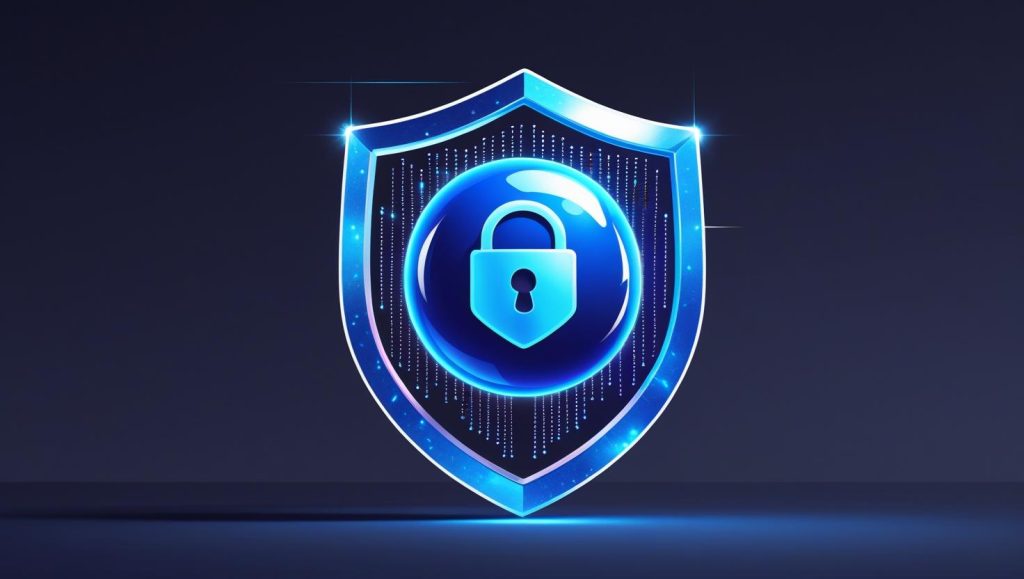Key takeaways
- A vpn creates a secure, encrypted connection between your device and the internet
- Vpns protect your privacy and help bypass geographic restrictions
- Not all vpn services are equal, choose based on your needs
- Free vpns often come with serious limitations and risks
What is a vpn
A virtual private network (vpn) is a service that establishes an encrypted tunnel between your device and the internet. It reroutes your online traffic through a secure server, hiding your IP address and protecting your data from prying eyes like hackers, ISPs, and trackers.
How a vpn works
Here’s what happens when you connect to a vpn:
- You open the vpn app on your device
- The app encrypts your internet traffic
- Your encrypted data is sent to a vpn server
- The server decrypts and forwards your data to the internet
- Responses from websites return to the vpn server
- The server encrypts that data
- The encrypted data is sent back to your device
- Your vpn app decrypts it so you can use it normally
Why use a vpn
| Benefit | Description |
|---|---|
| Privacy protection | Hides your IP address and activity from your ISP and other third parties |
| Security on public Wi-Fi | Encrypts your data on unsecured networks like cafés or airports |
| Bypass censorship | Grants access to restricted sites in countries with internet limitations |
| Geo-spoofing | Lets you appear in another country to unlock region-locked content |
| Safe torrenting | Masks your identity when using peer-to-peer file sharing services |
Types of vpns
1. Consumer vpn services
These are the most common. They’re subscription-based services like nordvpn, expressvpn, or protonvpn, built for individuals who want better privacy and online security.
2. Business or enterprise vpns
Used by companies to allow remote workers to securely access internal systems. Examples include cisco anyconnect and openvpn access server.
3. Browser-based vpns
VPN extensions that only encrypt browser traffic. Opera’s built-in vpn is an example. They offer limited protection compared to full apps.
Choosing a vpn service
When evaluating a vpn provider, pay attention to:
- No-logs policy – the service should not keep records of your activity
- Server locations – more countries means more flexibility and speed
- Connection speed – essential for streaming or gaming without lag
- Security protocols – look for WireGuard or OpenVPN for strong protection
- Device compatibility – check support for phones, tablets, laptops, routers
- Price – choose a provider that offers value and reliability without cutting corners
Vpn basics faq
Are free vpns safe to use
Most free vpns come with big trade-offs like limited speed, data caps, ads or data logging. Some trusted providers offer restricted free versions, but be cautious with totally free options.
Does a vpn make me completely anonymous
No. A vpn improves your privacy but doesn’t guarantee full anonymity. Techniques like browser fingerprinting or cookie tracking can still identify you.
Will a vpn slow down my internet
Some speed loss is normal due to encryption and server distance, but good vpns minimize this. Choosing a nearby server and a fast protocol helps.
Is using a vpn legal
In most countries, yes. But some governments restrict or ban vpn usage. Always check the rules in your region. Keep in mind that illegal activities remain illegal, even with a vpn.
Vpn services are essential tools for protecting your digital life. They secure your data, protect your identity, and unlock access to information around the world. While they don’t guarantee complete anonymity, they add a critical layer of security in today’s connected world.
To explore more, read our full article: What you need to know about virtual private networks in 2025




